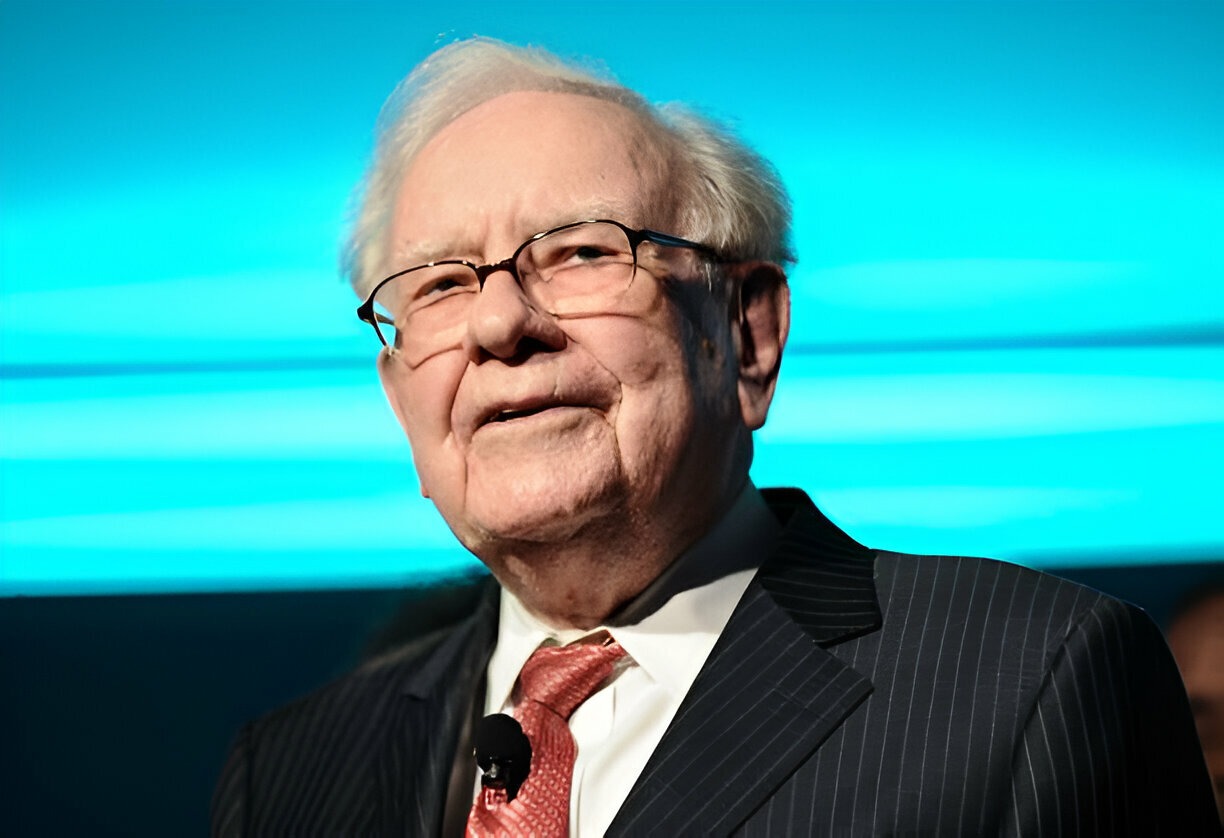The Economy and Avoiding Economic Predictions
Warren Buffett has been surprised by many economic developments over the past decade, including the prevalence of negative interest rates and the combination of growing deficits and an improving economy with little inflation. However, he does not make investment decisions based on economic predictions, as he believes economic forecasts are highly unreliable. Instead, Buffett focuses on the fundamentals of individual businesses and making smart investments at the right price, regardless of the broader economic climate. Did you like this article? Uncover more insights on our blog.
Holding Cash and Maintaining a “Fortress” Balance Sheet
Berkshire Hathaway holds over $100 billion in cash, which Buffett views as essential to maintaining the company’s financial strength and stability. For individual investors, the appropriate amount of cash to hold depends on their financial situation. Those with consistent income streams and few expenses may not need to hold much cash, while those with less stable finances should maintain a cash reserve.
Investing in Apple and Other Long-Term Holdings
Warren Buffett views his investment in Apple as a long-term holding, similar to owning a farm or other business. He does not closely monitor the company’s day-to-day performance or try to time the market but rather focuses on the business’s long-term potential. This patient, long-term approach is characteristic of Buffett’s investment philosophy.
Buybacks and Returning Capital to Shareholders
Warren Buffett believes that buybacks can be an effective way for companies to return capital to shareholders, as long as the stock is trading below its intrinsic value. He does not support government intervention in determining when companies can or cannot buy back their shares. Buffett views buybacks as a natural way for companies to distribute excess cash to owners.
The Importance of Succession Planning
Warren Buffett has identified Ajith Jain and Greg Abel as potential successors to lead Berkshire Hathaway, noting that “Berkshire blood” flows through their veins. While they do not have the same level of involvement in the overall business as Buffett and his partner Charlie Munger, they are responsible for running major Berkshire subsidiaries. Ensuring a smooth leadership transition is a key priority for Buffett.
Navigating Technological Change and Disruption
Warren Buffett acknowledges that technological change is happening faster than society’s ability to understand its implications fully, citing cyber threats as a prime example. While Berkshire has avoided major investments in disruptive tech companies like Amazon, Buffett recognizes the need to adapt to a rapidly evolving business landscape.
The Importance of Shareholder Alignment
Warren Buffett aims to attract Berkshire shareholders who share his long-term, value-oriented investment philosophy. He views Berkshire as a “church” where the “seats” should be occupied by those who understand and support the company’s approach. Maintaining this alignment with shareholders is a key priority for Buffett.
Navigating Global Tensions and Trade Conflicts
Buffett believes that major global powers like the United States, China, and Russia must actively work to avoid escalating conflicts that could threaten the world’s stability. He emphasizes the importance of recognizing that these nations’ best interests are served by a prosperous global economy, rather than by trying to “grab all the apples.” Buffett remains open to making acquisitions in China but notes the additional due diligence required to understand the local business environment. Did you find this post useful?
Read Also: Spartan capital securities llc broker jordan Meadow Best & trusted
Conclusion
Warren Buffett’s investment strategy is rooted in a patient, long-term approach focused on identifying high-quality businesses trading at attractive prices. By maintaining a strong balance sheet, avoiding economic predictions, and aligning with like-minded shareholders, Buffett has built one of the most successful investment track records of all time. His insights offer valuable lessons for investors seeking to navigate an increasingly complex and rapidly evolving market landscape.




